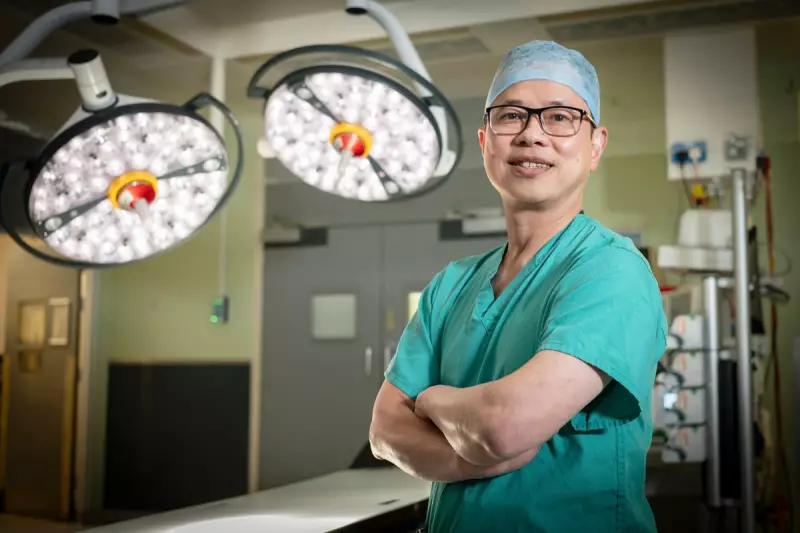
In a remarkable medical breakthrough, NHS hospitals across Britain are adopting an innovative ultrasound technology that literally shakes cancer tumours to pieces without a single incision. This revolutionary approach, known as histotripsy, is transforming liver cancer treatment and offering new hope to patients who previously had limited options.
How the Revolutionary Treatment Works
The groundbreaking procedure uses high-powered ultrasound waves focused directly on cancerous growths in the liver. Unlike traditional ultrasound imaging, this technology delivers such intense acoustic energy that it causes tumour cells to vibrate violently until they rupture and disintegrate.
Professor Paul Sidhu, a leading consultant at King's College Hospital, explains: "We're essentially using sound waves to liquefy cancerous tissue. The body's immune system then naturally clears away the debris, leaving healthy tissue untouched."
Life-Changing Benefits for Patients
This non-invasive approach offers significant advantages over conventional treatments:
- No surgical incisions or scarring
- Minimal recovery time compared to major surgery
- Precise targeting that spares healthy liver tissue
- Repeatable treatment for recurring tumours
- Suitable for patients who can't undergo traditional surgery
The NHS Leading Global Medical Innovation
The technology, developed by US company HistoSonics, is now being rolled out across several NHS trusts, positioning the UK at the forefront of non-invasive cancer care. Initial clinical trials have demonstrated impressive results, with many patients experiencing complete tumour destruction after just one or two sessions.
"This represents a paradigm shift in how we approach liver cancer," notes Professor Sidhu. "We're moving away from cutting and burning tumours toward literally shaking them apart with sound waves. The precision is extraordinary."
What This Means for Cancer Care
While currently focused on liver cancer, researchers believe histotripsy could eventually treat other types of tumours throughout the body. The treatment's ability to precisely target specific areas without damaging surrounding tissue makes it particularly promising for cancers located near vital organs or blood vessels.
The NHS adoption of this cutting-edge technology underscores Britain's commitment to medical innovation and improving patient outcomes through advanced, less invasive treatments that reduce hospital stays and recovery times.





